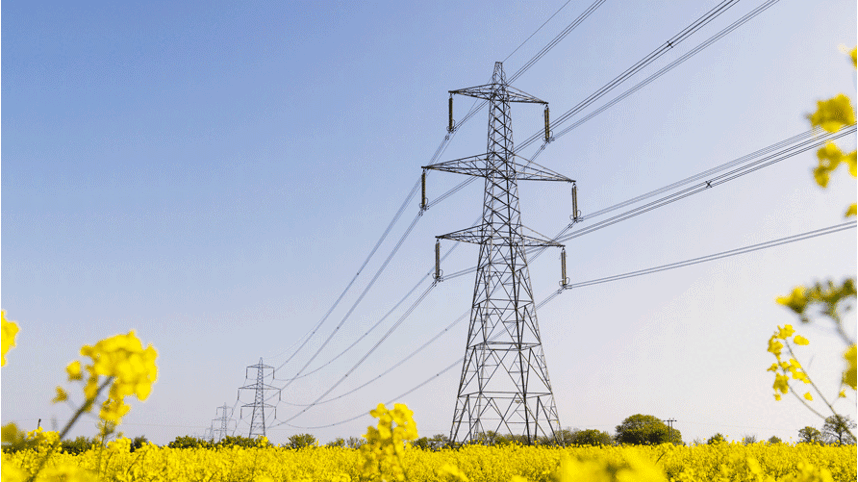Register for free and continue reading
Join our growing army of changemakers and get unlimited access to our premium content

A new report from the Business and Trade committee today (28 April) concludes that the Government lacks a “coherent, overarching plan” to achieve the commitment.
Set in October 2021, under then-Energy-Secretary Kwasi Kawrteng, the commitment entails bringing an end to all electricity generation with unabated fossil fuels. Coal-fired electricity generation will cease in the UK in autumn 2024, but the 2035 target also covers gas without abatement measures such as carbon capture.
The Committee’s new report concludes that “a cumbersome planning regime” will undermine the delivery of the 2035 target.
By the Government’s own admission, there has been a 65% increase in planning timelines for large-scale energy generation and infrastructure projects since 2012. Ministers are currently working with the National Infrastructure Commission to reform the process. The BEIS committee heard evidence that, in some cases, renewable generators waited 15 years for a grid connection.
Also detailed in the report are multifaceted concerns around the declining attractiveness to investors of UK-based renewables and nuclear. The UK was ranked by EY as the world’s fourth most attractive clean energy market in November 2022, but Ministers have subsequently faced a string of warnings that future success is not guaranteed.
A key concern is the fact that the US and EU have both tabled multi-billion-dollar incentive packages for clean technologies, while the UK’s rival to these lucrative subsidies will not be published until this Autumn. The BEIS Committee heard evidence that investors with multinational interests are already choosing to invest outside of the UK for this reason.
The report also details how there is “policy instability” over current and future carrots and sticks for both the UK’s clean energy sectors and its fossil fuel base.
Fossil fuel generators are currently subject to a windfall tax, but this is paired with a sizeable tax break for expansion. Renewable generators face a smaller tax on generation, but do not benefit from tax breaks. Taxes in this space have been changed repeatedly over the past two years.
Business and Trade Committee chair Darren Jones, Labour MP for Bristol North West, said: “Ministers think that publishing strategies and releasing social media videos will deliver the energy infrastructure the country needs. It’s failed before and it keeps failing.
“Without a coherent, overarching delivery plan, the Government risks undermining the UK’s ability to generate, store and distribute the fossil fuel free electricity the country needs to hit net-zero.”
A need for transparency
Beyond the need for clear, top-level policy signals, the report calls for measures to collect better information on planned investment in the energy sector.
Oil and gas majors were not transparent with the Committee about levels of investment in non-fossil fuel based generation technologies, the report states. Without proper information, the Government will not be able to track whether enough clean energy and energy storage will come online by 2035.
The Committee additionally spoke to a lack of joined-up information on electricity network investments.
A specific call to action in the report is for Ofgem to retrospectively audit the certificates presented by Drax for the payment of Government subsidies for its biomass operations. A total of £11bn of subsidies are expected to be paid between 2011 and 2027.
Jones said: “It’ll be hard enough to meet the challenge of cutting carbon emissions in energy without the prospect of any operators taking advantage of the subsidy regime. If any firm is found to be abusing the public purse by falsely inflating their renewable credentials, they should face consequences. We are not against bioenergy, but oppose it when it’s based on unsustainable sources.”
Drax maintains that its wood pellet supply chain, which is largely concentrated in the US, uses sustainable sourcing methods and that it includes value chain emissions in emissions accounting.
In posting its results this year, Drax has continued to call its biomass power “renewable”.


Please login or Register to leave a comment.